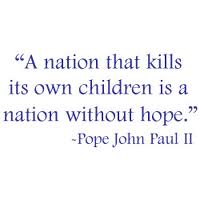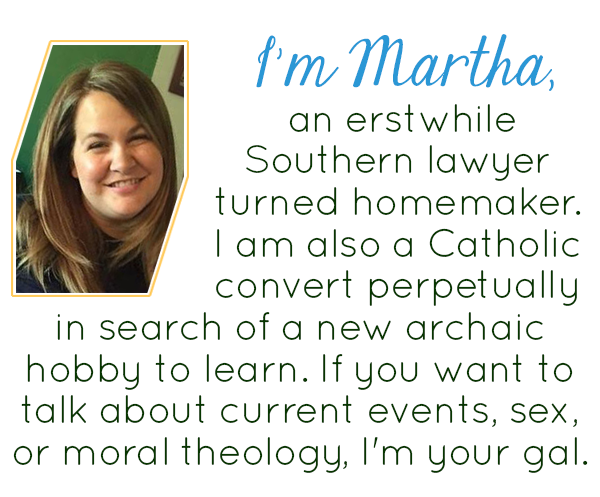"Our mouths were filled with laughter, our tongues with songs of joy (Ps. 126:2)" by Amanda Greavette
I didn't know that this was a controversial statement.
As my friends got married and started having babies, I realized that this concept was not universal - and that the way women birth had become part of the 'mommy wars.' The way women give birth is now judged and picked apart, part of a national discussion about how we should mother. (Please note: there is no national conversation about how to father - because to father children just means to conceive them; we're generally happy if men create them and stick around, whatever their methods)
Now there are many women trying to find a 'middle ground' - insisting that we not judge one another for the way that we brought our children into the world. Good! But in the process, some people have insisted that women not feel bad about however they gave birth - that they should just appreciate having a healthy baby.
"Ring the bells that still can ring/ forget your perfect offering/there is a crack in everything/ that's how the light gets in (L. Cohen)" by Amanda Greavette - this piece has been often interpreted by viewers to portray an "over-medicalized" birth, or a mother who did not have her birth expectations met.
I haven't given birth yet, but even I know this is wrong. To boil birth down to one outcome - healthy baby - is to minimize the life-changing experience we all know that it is it. It is not just about the outcome, but about the experience. Birth is a woman's journey into becoming a mother: there is a reason why it was considered so holy in ancient cultures. It is powerful. As soon as women are told how to birth or how to feel about their method of birthing, it is in some way taken from them as an experience they have claim to by right of being a woman. This is a right of passage that belongs to us. Even the Blessed Mother, archetype of holy womanhood, gave birth. This is important - how is a woman defined? Our Faith tells us it is not by her knowing a man, but by becoming a mother. Motherhood is the hallmark of being a woman, not sexual knowledge (which is why Mary is a model for both consecrated women and married women).
True liberation of birth is realizing that we are allowed to have feelings about the birth itself. Even if a c-section was necessary, it doesn't mean that we're not allowed to mourn what we wanted - the ability to feel our body open for new life. To say otherwise is not only rude, it's foolish. For any woman who wants more than one child, a c-section can make her future child-bearing years full of difficult decisions and medical complications. And a woman who knows this may have feelings of sadness, disappointment or fear - and that's okay.
If I end up in the hospital, I'll be bummed. If I end up with a c-section, I'll probably be devastated. But if I end up with someone telling me that I "got what mattered," I'll be disappointed - because I'm not just a baby machine, and I matter too.
"All around me voices are ringing" by Amanda Greavette




























